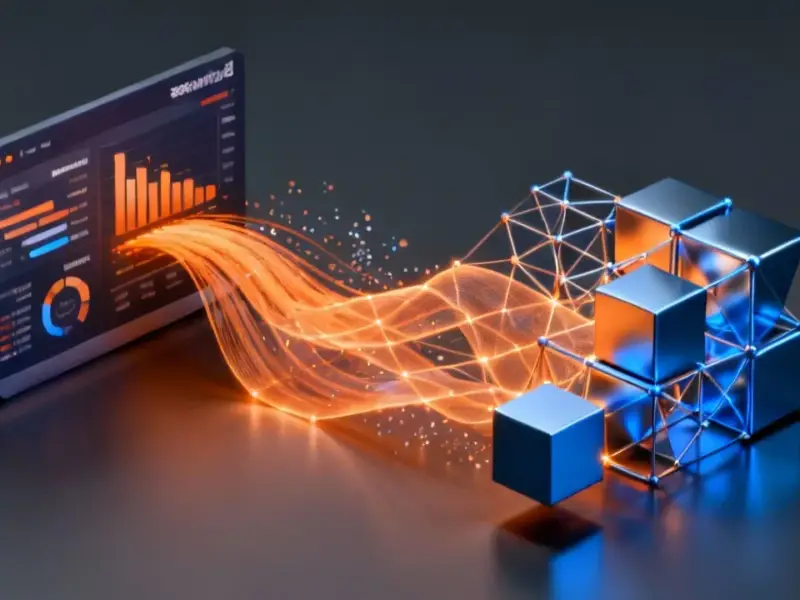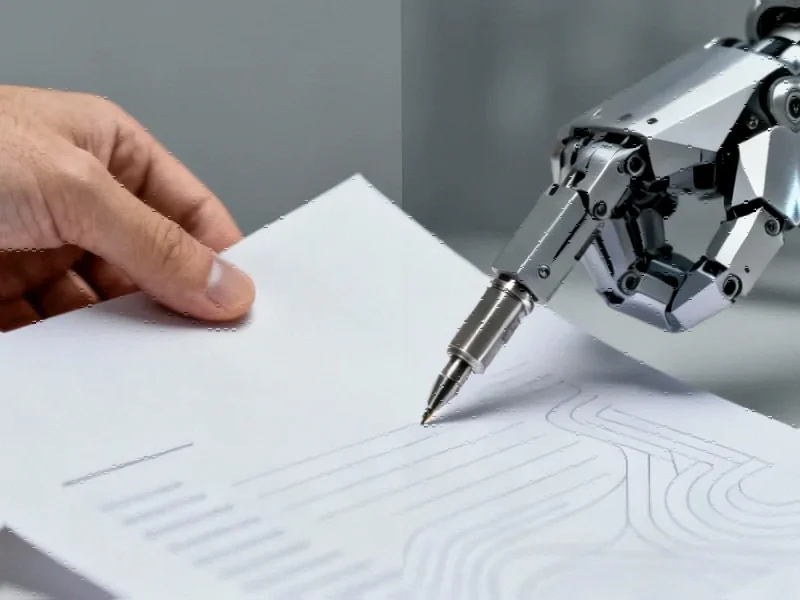According to Techmeme, Apple will pay Google approximately $1 billion annually for access to the Gemini AI model to power the new Siri, based on reporting from Mark Gurman. This development comes alongside Bumble’s Q3 report showing a 10% year-over-year revenue decline to $246.2 million and a 16% drop in paying users to 3.6 million, causing BMBL stock to fall over 15% after hours. Meanwhile, Apple’s financial relationship with Google is deeply layered, as Apple already receives about $20 billion per year from Google for search engine placement on its devices. The arrangement with OpenAI for ChatGPT integration appears to be non-monetary, falling into a different category. If accurate, this represents a massive strategic AI partnership between two of tech’s biggest rivals.
The Staggering Math of This Deal
Let’s just sit with these numbers for a second. Apple pays Google $1 billion for AI access, while Google pays Apple $20 billion for search placement. That’s a net $19 billion flowing from Google to Apple annually. Basically, Google is funding Apple’s AI procurement with interest. Here’s the thing: Google has reportedly invested over $100 billion in developing Gemini over the past eight years. So Apple gets access to a $100 billion R&D investment for 1% of the cost? That’s either brilliant negotiation or suggests Google is desperate for distribution.
The OpenAI Wild Card
Now contrast this with the OpenAI relationship, which apparently involves no payment either way. As one observer noted, that arrangement seems to fall into the “you get what you pay for” category. But is that really true? OpenAI gets the massive distribution of being on hundreds of millions of Apple devices, while Apple gets to offer cutting-edge AI without the infrastructure costs. The question is whether this free arrangement can last, or if Apple is just using OpenAI as leverage against Google.
What This Reveals About Apple’s AI Strategy
This deal screams one thing loud and clear: Apple is behind in AI and knows it. They’re essentially outsourcing their AI future to both Google and OpenAI simultaneously. As Ben Bajarin pointed out, if this reporting is accurate, “Apple scored the deal of the year.” But is outsourcing your core intelligence to your biggest competitor really a winning long-term strategy? Remember how that worked out for Samsung when Google eventually built their own hardware? There’s a real risk Apple is trading short-term capability for long-term dependency.
The Bigger Picture
Looking at this alongside Bumble’s struggles gives us a fascinating snapshot of the tech landscape. You have legacy platforms like Bumble facing user decline and revenue pressure, while the AI giants are making billion-dollar deals to shape the next computing paradigm. As Six Sigma Capital noted, the financial engineering here is mind-boggling. But the real story might be what happens when these temporary partnerships inevitably fracture. Because in tech, today’s strategic partner is often tomorrow’s existential threat.





I don’t think the title of your article matches the content lol. Just kidding, mainly because I had some doubts after reading the article.
Thank you for your sharing. I am worried that I lack creative ideas. It is your article that makes me full of hope. Thank you. But, I have a question, can you help me?